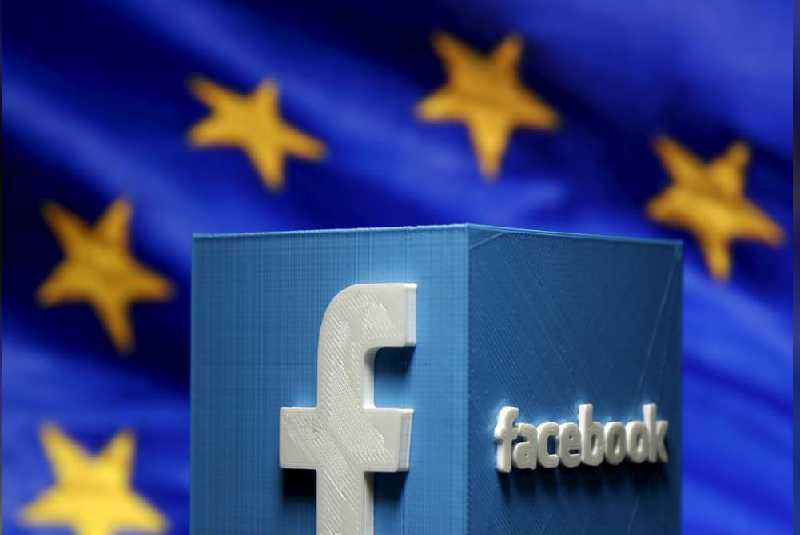×
The Standard e-Paper
Smart Minds Choose Us

BRUSSELS- European Union finance ministers failed to agree a tax on digital revenues on Tuesday, despite a last minute Franco-German plan to salvage the proposal by narrowing its focus to companies like Google and Facebook.
The European Union’s executive arm proposed a 3 percent tax on big digital firms’ online revenues in March, alleging the companies funnelled profit through states with the lowest tax rates.